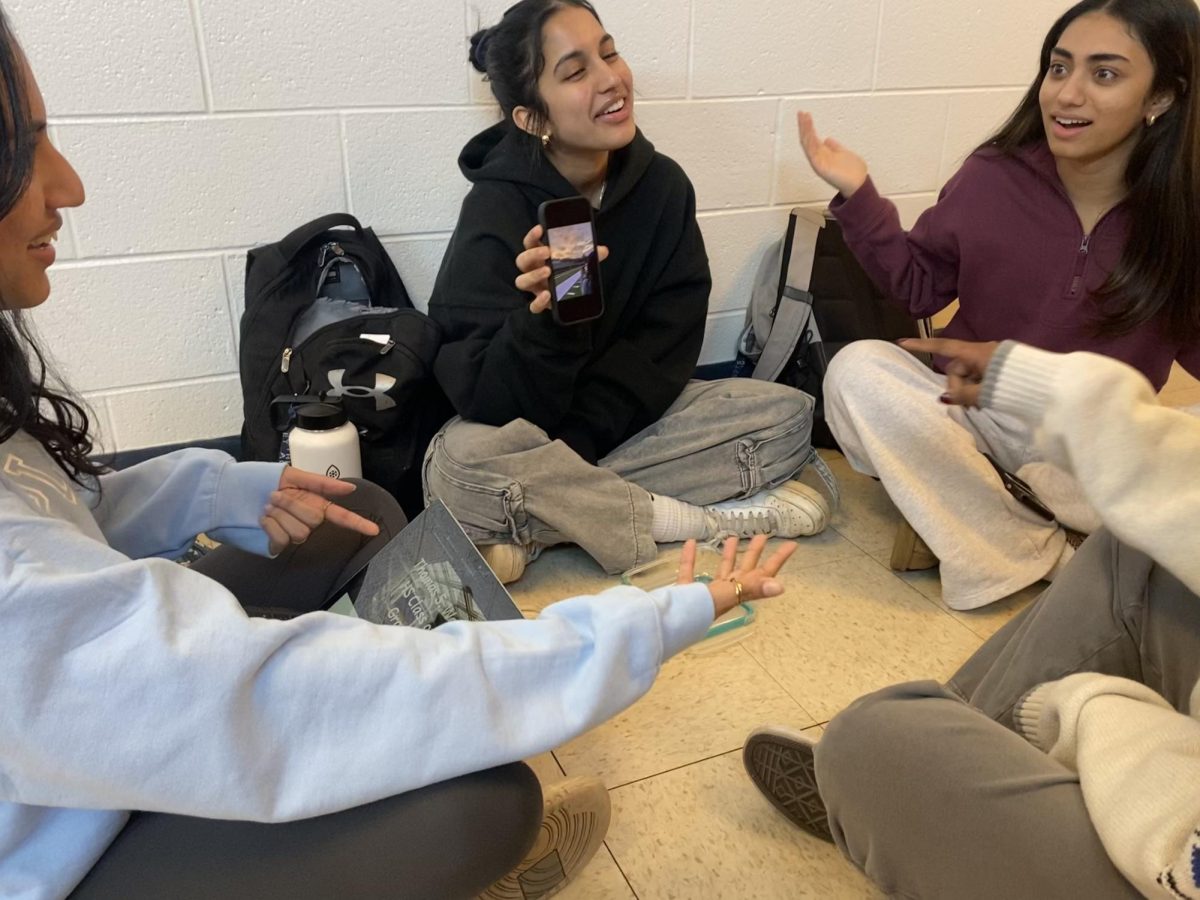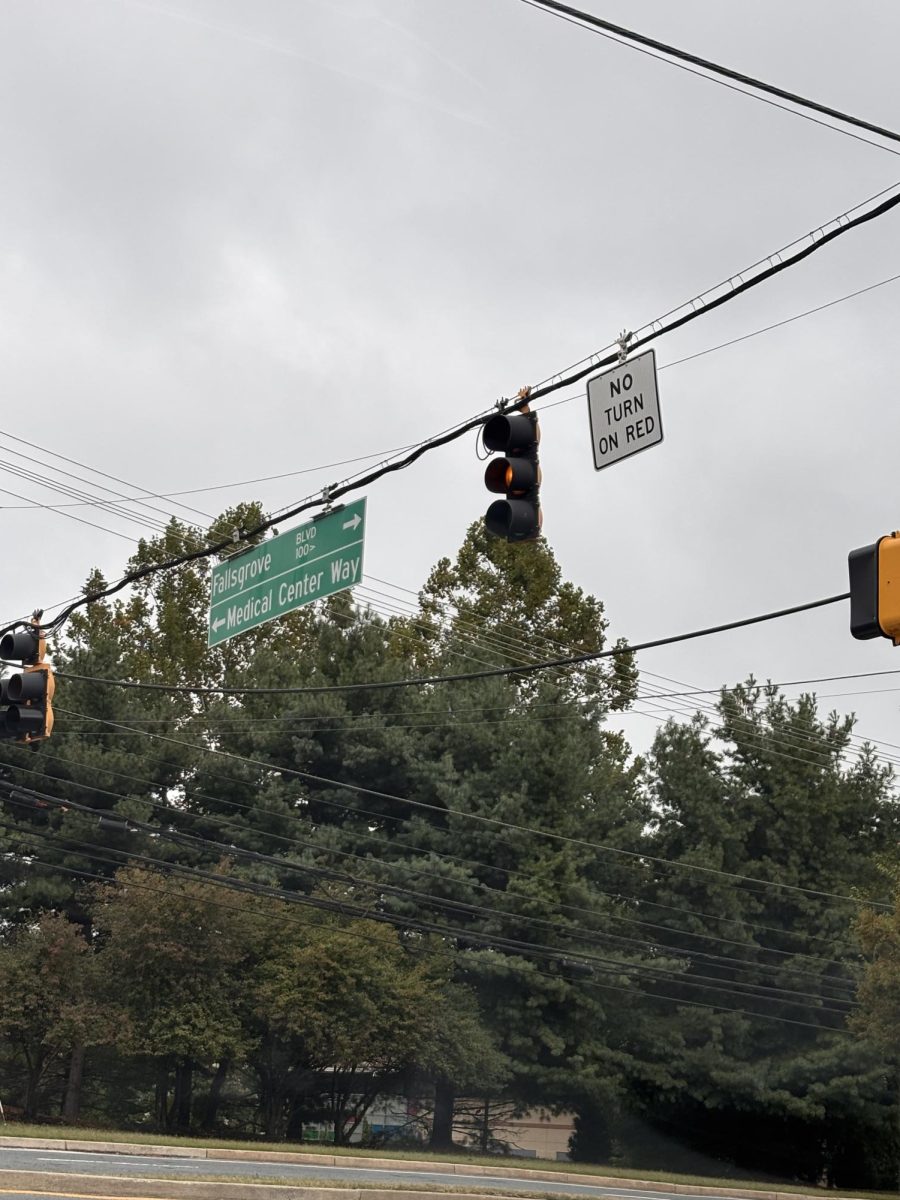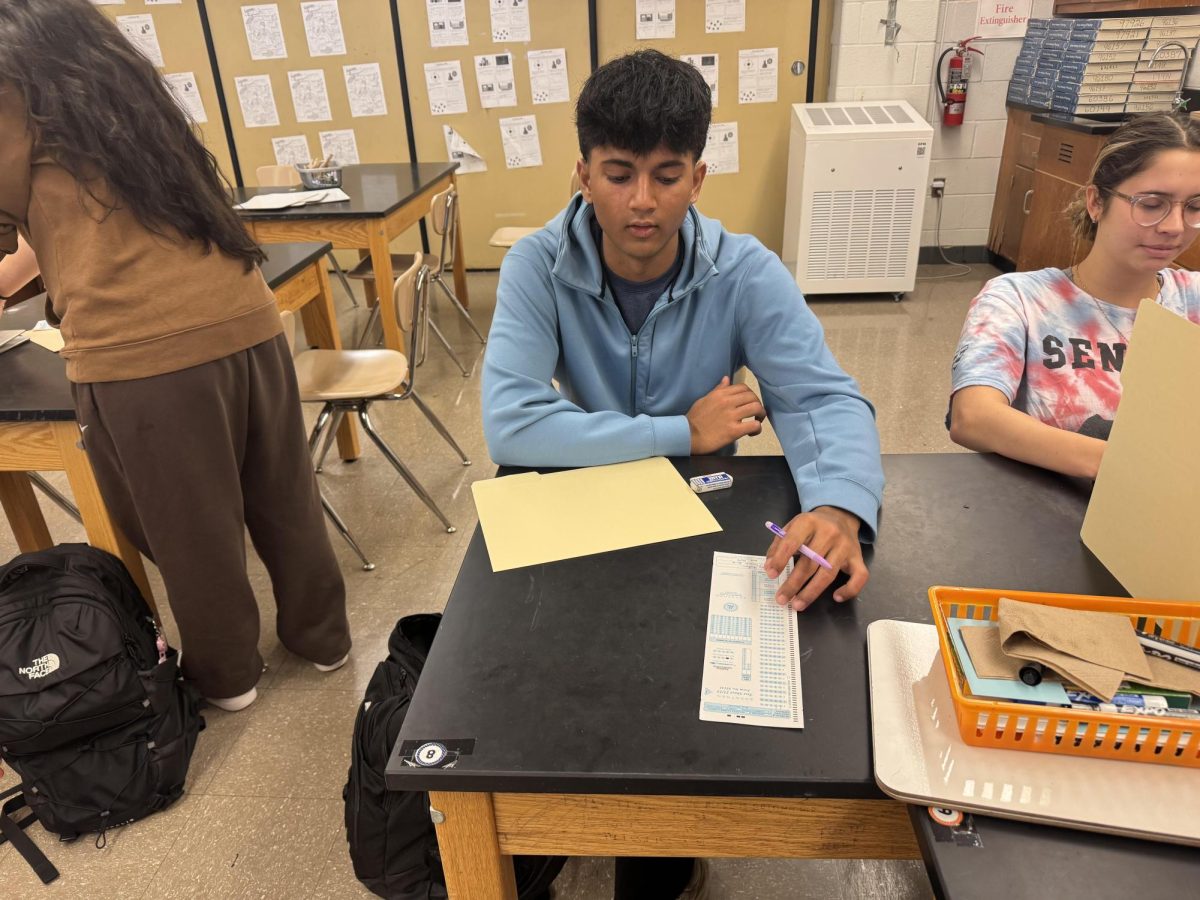While today may live in infamy for being the day when President John F. Kennedy was assassinated in 1963, it may be rather difficult to relate that to today. A more relatable piece of history is that on today’s date in 2005, Angela Merkel became the first female Chancellor of Germany. Merkel remains in office to this day, but according to history.com, does not plan on running for re-election in 2021.
In the U.S., women have a long history in politics, one that is even longer than women have held the right to vote. The Center for American Women and Politics (CAWP) at Rutgers University gives a great overview of that history. The first woman to run for the U.S. House of Representatives was famous suffragette Elizabeth Cady Stanton in 1866. She received just 24 votes out of 12,000 over 50 years before women could even vote. In 1916, still four years before women could vote, Jeannette Rankin became the first female member of the House of Representatives.
Following the ratification of the 19th Amendment in 1920, which granted women the right to vote, milestones began to happen faster. The 1920s saw the first female senator, the first female state Supreme Court member and the first Latina to hold a statewide elected office.
The centennial of women’s suffrage is next year. How are women doing in American politics today? According to Pew Research Center, 106 of the 441 members of the House, as well as 25 of the 100 senators, are women, an all-time high. Likewise, Nancy Pelosi, who became the first female Speaker of the House in 2007, has returned to that position. While there is still a long way to go for women in Congress, as the number of women ought to double in order to be a better representation of the American public, slow, forward motion is better than no motion at all.
The highest office in the country, the presidency, remains an all-boys club. Just three years ago, Hillary Clinton lost the 2016 presidential election, and has announced she does not intend to run again. As of Nov. 18, there are 21 people officially running for president in the 2020 election— three Republicans and 18 Democrats. Of the three Republicans, the incumbent Donald Trump, Joe Walsh, and Bill Weld, who ran for vice president on the Libertarian ticket in 2016, none are women. Of the 18 Democrats, there are five women in the race, Tulsi Gabbard, Kamala Harris, Amy Klobuchar, Elizabeth Warren, and Marianne Williamson, though the Washington Post lists only Elizabeth Warren in its top tier of likelihood to win the nomination, albeit at the number one most likely slot.
With the election still about a year away, it’s impossible to predict what will happen. That being said, the American government is supposed to reflect the people. Roughly half of those people are women. It’s time that the government represents that in every way- in Congress, in state governments and hopefully some day in the presidency.







![Junior Grace Song rewatches the trailer for Anora. Promoted as "A Love Story from Sean Baker," it is the eighth feature film under Baker's belt starring Mikey Madison in the titular role. "[Anora] accurately represents women overseen and easily taken advantage of. It emotionally enticed me. The ending is so good," Song said.](https://woottoncommonsense.com/wp-content/uploads/2024/11/Rc5RQTdjtUFtyT7IyQe1rSxkpOTc6NoksY8jtoop-e1732201365565-1200x900.jpg)





